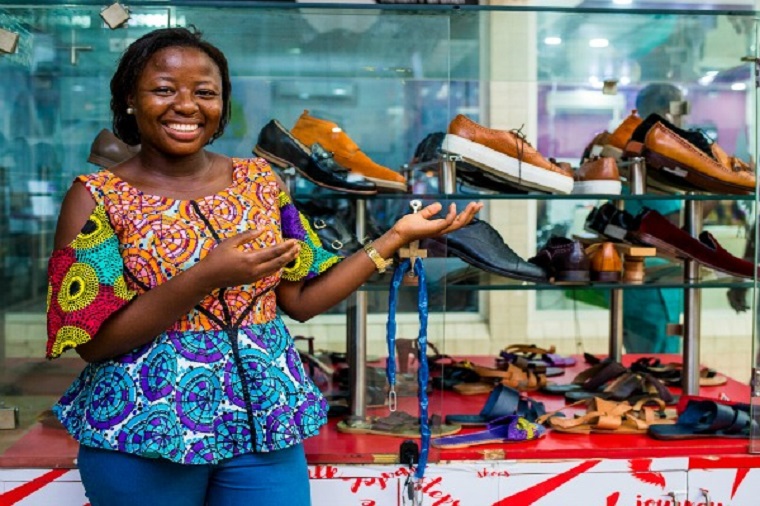Another study has found that about 70% of Cameroon’s women entrepreneurs are involved in the tertiary and services sectors. These include wholesale and retail trade, education, health and social services, arts and crafts, events management, food and beverage, hospitality and tourism. This trend carries into other African countries, too.
But their businesses face serious resource constraints. This is partly because of socio-cultural and structural inequalities that favour men. Women entrepreneurs struggle to obtain credit, and to access entrepreneurship education. They also battle to deal with government officials, and cultural norms make it difficult for them to cultivate business networks.
All of this, along with the reality of starting from a lower base than their male counterparts, makes it tough for women entrepreneurs to start big. They then battle to create growth-oriented businesses.
This is a blow for women entrepreneurs, and can have a real effect on their lives. Growth-oriented women entrepreneurs have been found to be among the happiest workers in any economy. More broadly, it has ramifications for the country’s economy.
These concerns and experiences were all borne out in our study. We analysed questionnaires, focus groups and interview data collected between 2014 and 2016 in Cameroon.
The data also offered some potential solutions.
For instance, it is clear that countries need to create networks or regional clusters that specifically target women entrepreneurs who display growth aspirations. One approach would be to extend existing government policies on traditional manufacturing industry clusters to the women-dominated service industries.
Another would be to revise or expand a country’s national employment fund and tax incentives to deliberately target women entrepreneurs with growth intentions. This approach could be tailored to women who are already in the business system, and would be designed to help pay for training opportunities and to enable market access.
Women entrepreneurs also need to be aware of existing government initiatives and networking opportunities. Examples of formal networks providing support to women entrepreneurs in Cameroon include the Association of Cameroonian Business Women, Cameroon Women Entrepreneurs Network and Cameroon Employers Association
These organisations act not only as knowledge exchange and networking platforms but, importantly, serve as bridges between women entrepreneurs and their organisations, and various government departments and international NGOs. Membership would enable growth oriented members to be aware of and access existing opportunities.
Finally, it would be very valuable for women who are interested in high-growth entrepreneurship to learn about those who have come before them. There are women who have overcome the odds to become high-growth entrepreneurs in different African countries. Their lessons may be useful in educating others, and in informing policies to increase the number of high-growth women entrepreneurs in Africa.
By Albert N. Kimbu and Michael Z. Ngoasong for The Conversation
(217 VIEWS)


